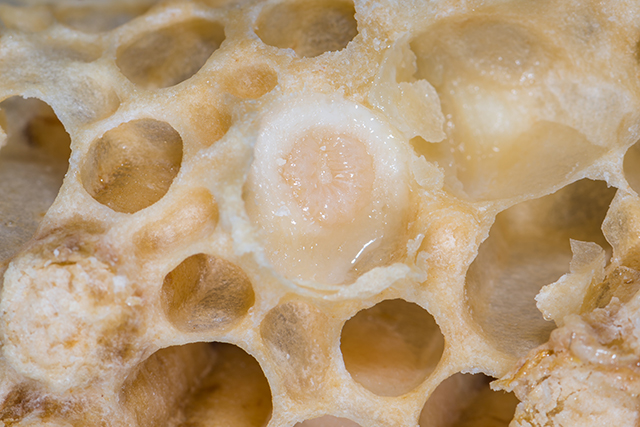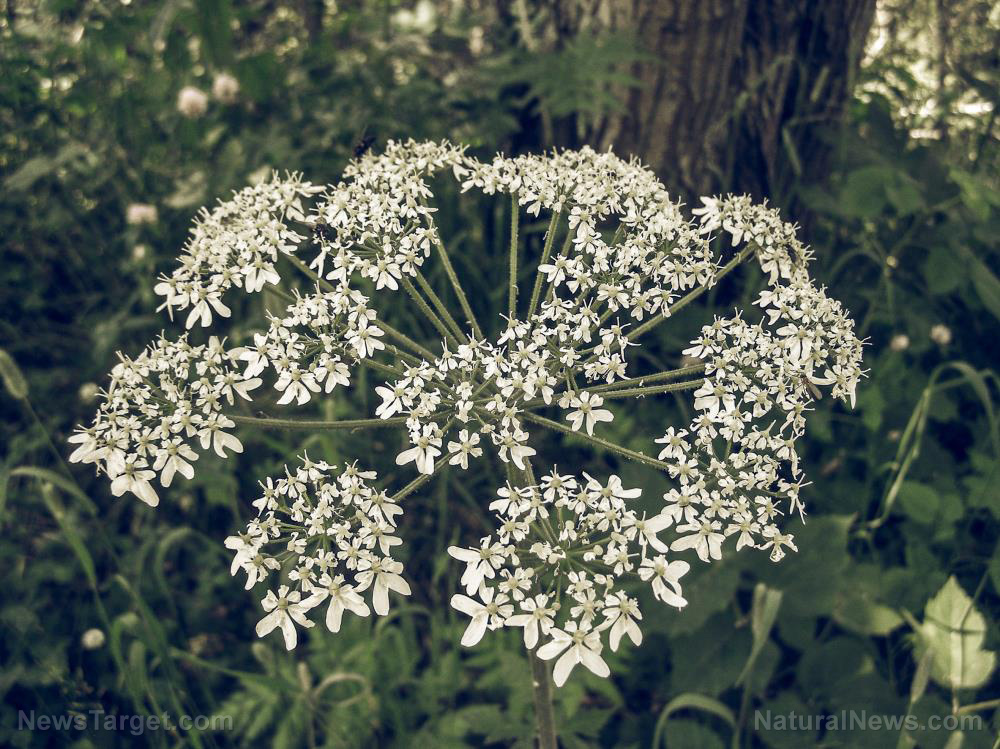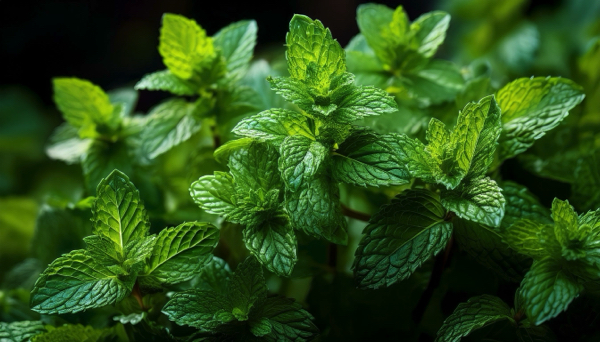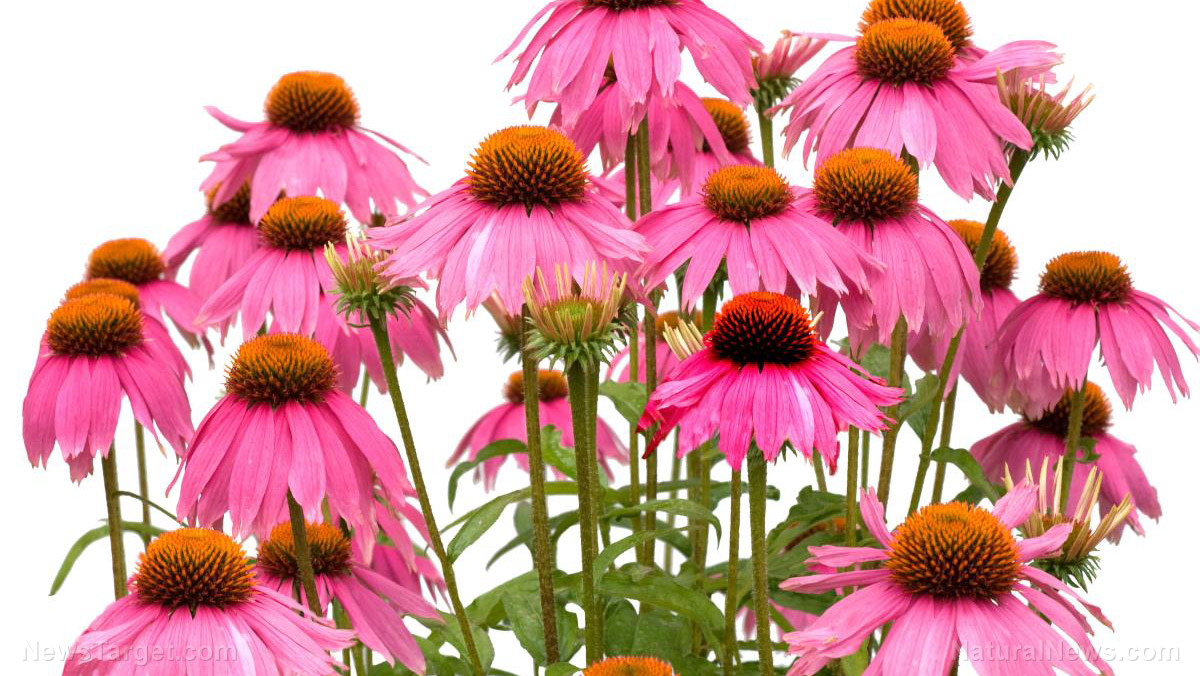Evidence-based aromatherapy: stress relief and much more
07/10/2024 / By News Editors

The health benefits of aromatherapy can no longer be considered placebo in nature. Accumulating evidence now shows that the fragrance of flowers and other volatile plant compounds pack a punch as powerful as certain drugs.
(Article republished from GreenMedInfo.com)
In a day and age like ours, bouts of stress and anxiety are expected to occur at least occasionally during the course of daily life. In fact, if the experience is completely alien to you, you may not be paying attention to what’s going on in the world around us — or, you may be enlightened, and should be congratulated.
Certainly, anti-anxiety drugs can be effective, but they are also addictive and dangerous, with withdrawal symptoms that include seizures and, paradoxically, extreme anxiety. Because of this fact, natural alternatives are needed now more than ever.
Fortunately, finding a non-pharmaceutical solution is no longer simply a matter of guessing, or relying solely on the anecdotal accounts of others. There is an accumulating body of pre-clinical and clinical research available today demonstrating the power, safety and effectiveness of natural compounds for relieving stress and anxiety. In fact, some of these substances do not even require being ingested, as they can be inhaled in exceedingly small doses to be effective.
For example, back in 2002, an amazing discovery was reported in the Japanese Journal of Pharmacology. Researchers found that the simple inhalation of patchouli and rose oil reduced sympathetic nervous activity by 40%, with rose oil reducing adrenaline concentrations by 30%.1
Such a profound reduction in fight-or-flight associated hormones is hard to accomplish through other non-toxic means. In fact, many folks use alcohol, tobacco and harder drugs, and even foods that contain opioid peptides, to self-medicate themselves down from the emotional cliff — but not without a wide range of unintended, adverse health effects. All the more reason to appreciate the power of therapeutic fragrances.
In turns out that many flowers are well-suited to calm the human body and soul, bringing them back into greater balance. Lavender oil, for instance, has also been studied for the ability to reduce stress,2 anxiety, aggression,3and cortisol levels,4 among two dozen other potential therapeutic properties.5
Aromatherapy, of course, works primarily through the nose, but can also act through the lung and the skin. When inhaled, volatile aroma compounds from plants are capable of exerting direct-to-brain actions, primarily through the limbic and olfactory systems. As opposed to the oral ingestion or topical application of a drug or herbal substance, aromatherapy usually offers a far higher margin of safety because the active compounds are small molecule.
Aromatherapy Offers Far More Than Stress Reduction
Stress and anxiety are only two of 30 potential therapeutic applications that have been studied in connection with aromatherapy.
Others of note include:
- Dysmenorrhea (Menstraul Pain): Aromatherapy massage on the abdomen was found superior to Tylenol for alleviating menstrual pain in high school girls.6 Another study, this time in college students, found that the topical application of a combination of lavender, clary sage and rose essential oils was effective in decreasing the severity of menstrual cramps.7
- Insomnia: Lavender fragrance has been found effective in a number of studies for treating mild insomnia.8, 9 Beyond sleep-promoting properties, lavender has also been found to simultaneously reduce depression in women college students.10
- Excessive Chocolate Cravings: While there are worse addictions, jasmine essential oil has been found to reduce chocolate cravings.11
- Reducing Tobacco Withdrawal: The inhalation of vapor from black pepper extract reduces smoking withdrawal symptoms.12
- Arthritis Pain: The essential oils lavender, marjoram, eucalyptus, rosemary, and peppermint blended in proportions of 2:1:2:1:1, resulted in decreased pain and depression scores in arthritic patients.13
- Infantile Colic: The use of aromatherapy massage using lavender oil was found to be effective in reducing the symptoms of colic.14
- Alzheimer’s Disease: 28 days of aromatherapy consisting of the use of rosemary and lemon essential oils in the morning, and lavender and orange in the evening, resulted in significant improvement in personal orientation related to cognitive function in Alzheimer’s patients.15
- Migraines: Inhalation of lavender essential oil appears to be an effective and safe treatment modality in acute management of migraine headaches.16
- Postpartum Depression: Aromatherapy-massage has been shown to have value for postpartum mothers in improving physical and mental status and to facilitate mother-infant interaction.17
View the rest of the research on GreenMedInfo.com here: Aromatherapy’s Health Benefits.
Read more at: GreenMedInfo.com
Submit a correction >>
Tagged Under:
alternative medicine, anxiety relief, aromatherapy, beat depression, depression symptoms, essential oils, health science, herbal medicine, herbs, mental health, natural cures, natural health, natural medicine, naturopathy, phytonutrients, remedies, stress relief, Xpost
This article may contain statements that reflect the opinion of the author
RECENT NEWS & ARTICLES
consumerwellness.info is a fact-based public education website published by consumerwellness.info
All content copyright © 2023 by consumerwellness.info
Contact Us with Tips or Corrections
All trademarks, registered trademarks and servicemarks mentioned on this site are the property of their respective owners.




















